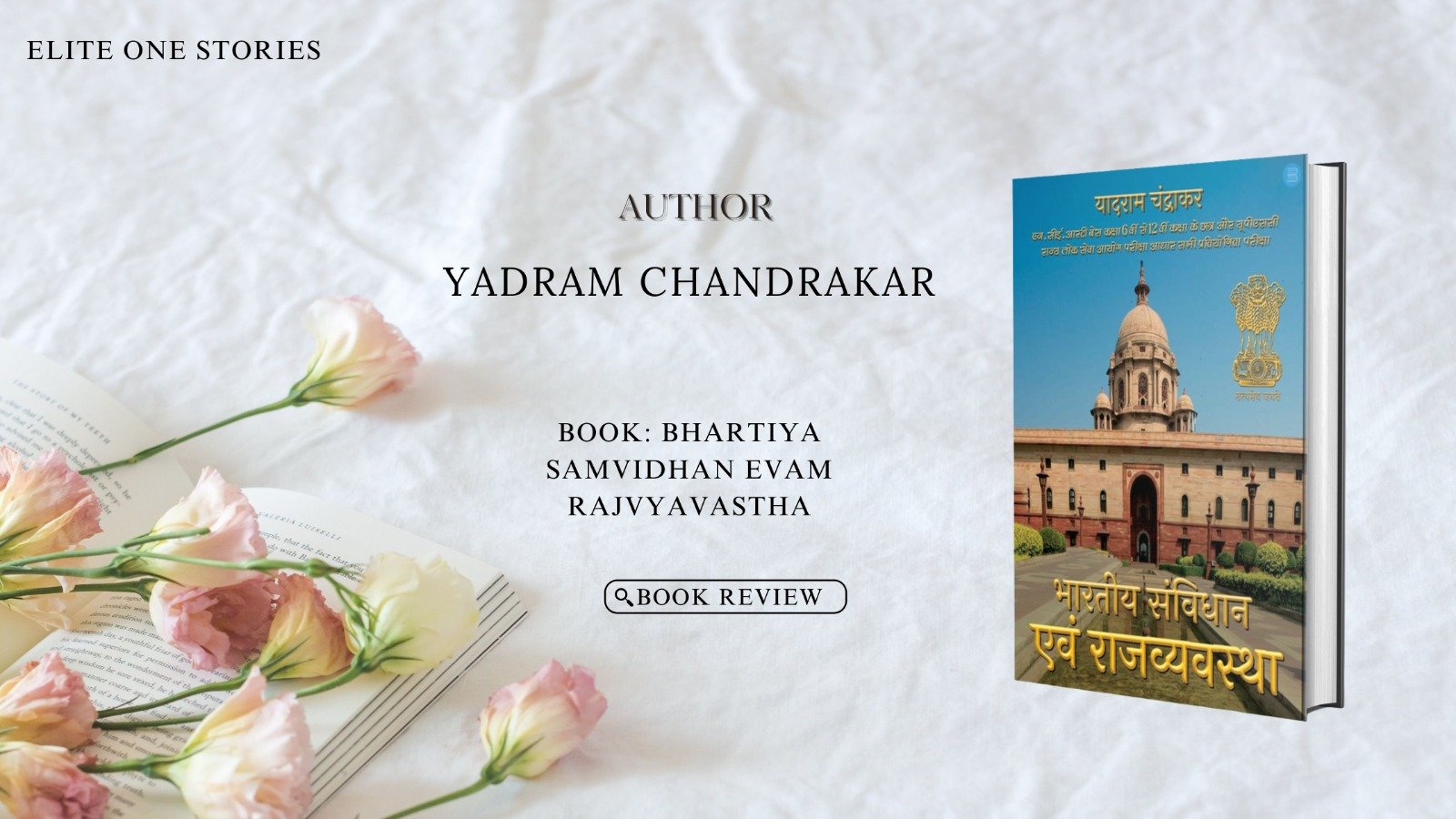Mitti ki Mehak aur Samay ki Dhaar Mein is a soulful and thought-provoking poetry collection by Dr. Prashant Kumar Bhardwaj, a name well-recognized in both academic and literary circles. This book is more than a mere compilation of poems—it is a living, breathing reflection of life, emotions, and the ever-evolving human experience. From the very first page, the reader is drawn into a poetic journey that blends the aroma of the soil with the sharpness of time, offering a delicate yet powerful portrayal of what it means to be human in today’s world.
The title itself is suggestive of the themes explored in the book. “Mitti ki Mehak” speaks of the rootedness, tradition, and purity of life, while “Samay ki Dhaar” reflects the inevitability of change, the cutting edge of modernity, and the challenges that time presents to human existence. This juxtaposition of tradition and modernity forms the philosophical foundation of the poems, making them deeply relevant to readers of all ages.
Dr. Bhardwaj’s command over language is both evident and admirable. He uses simple yet evocative Hindi, accessible to the common reader but layered with profound meanings for those willing to delve deeper. Each poem seems to be carefully crafted not only with aesthetic beauty but also with intellectual depth. His verses are intimate without being overly personal, emotional without being sentimental, and philosophical without being abstract. This balance is what makes the book stand out in the vast ocean of contemporary Hindi poetry.
One of the most striking aspects of this collection is its emotional honesty. The poet does not shy away from expressing vulnerability, pain, longing, or confusion. These emotions are not just portrayed—they are felt, lived, and shared with the reader in an authentic voice. Whether it is the anguish of separation, the nostalgia for a lost home, or the quiet strength found in solitude, the reader finds something profoundly relatable in every page. It is as if the poet is holding a mirror to our own lives, reflecting our silent fears, forgotten dreams, and unspoken truths.
Dr. Bhardwaj’s poetry often addresses themes such as love, loss, identity, social division, and human resilience. Yet, what makes his exploration of these themes unique is the subtle undercurrent of hope that runs throughout the book. Even in poems that touch upon despair or disillusionment, there is a quiet affirmation of life, a belief in the healing power of time, memory, and love. This gentle optimism never feels forced—it is as organic as the fragrance of wet earth after the first rain.
The imagery used in the poems is vivid and grounded. Nature plays a central role in many of the verses, not merely as a backdrop but as a living metaphor. Rivers, soil, seasons, trees, and winds become characters in themselves, interacting with the poet and the reader. These natural elements serve as symbols of continuity, change, and the eternal cycle of life and death. This connection with nature further strengthens the emotional impact of the poems and adds a layer of timelessness to the book.
What also deserves praise is the book’s structure. The poems are arranged in a way that they seem to flow into one another, creating a cohesive reading experience. The transitions between themes and tones are smooth, allowing the reader to move from one emotional space to another without feeling disjointed. There is a rhythm not just within the poems but also in the arrangement of the collection, echoing the rhythm of life that the poet seeks to capture.
Dr. Bhardwaj’s background as a scholar and educator subtly influences his writing, adding depth without becoming didactic. His awareness of history, philosophy, and socio-political dynamics enriches his poetic expressions. Yet, he never allows intellectualism to overpower emotional resonance. The poems are born from lived experiences and heartfelt observations, and this grounding in reality makes them universally appealing. Readers from all walks of life—students, teachers, artists, or homemakers—will find their own reflections within these pages.
In today’s fast-paced, often chaotic world, Mitti ki Mehak aur Samay ki Dhaar Mein offers a space for pause and introspection. It reminds us of the beauty in silence, the strength in vulnerability, and the wisdom in simplicity. It invites readers to reconnect with their inner selves and with the world around them. In an age where poetry often becomes either too abstract or too ornamental, Dr. Bhardwaj’s work brings back the essence of heartfelt expression.
The poems also speak powerfully about society and change. Issues like social divide, cultural erosion, and human alienation are addressed with subtlety and grace. Rather than preaching or protesting, the poet presents these realities with empathy and insight, prompting the reader to think and feel rather than judge. This approach enhances the impact of the poems, making them not only literary pieces but also tools of quiet social reflection.
Moreover, the collection has a lyrical quality that makes it suitable for reading aloud. The flow of words, the rhythm of lines, and the natural cadence of the language make these poems resonate even more deeply when spoken. This musicality adds another dimension to the book, allowing it to be experienced both silently and audibly.
In conclusion, Mitti ki Mehak aur Samay ki Dhaar Mein is a rich and rewarding poetic journey that touches the heart, stimulates the mind, and nurtures the soul. It is a testament to Dr. Prashant Kumar Bhardwaj’s literary talent, emotional intelligence, and deep understanding of life and human nature. This collection will leave a lasting impression on anyone who reads it, and it undoubtedly deserves a place in the library of every lover of Hindi literature. It is not just a book—it is an experience, a companion, and a mirror in the stream of time.



